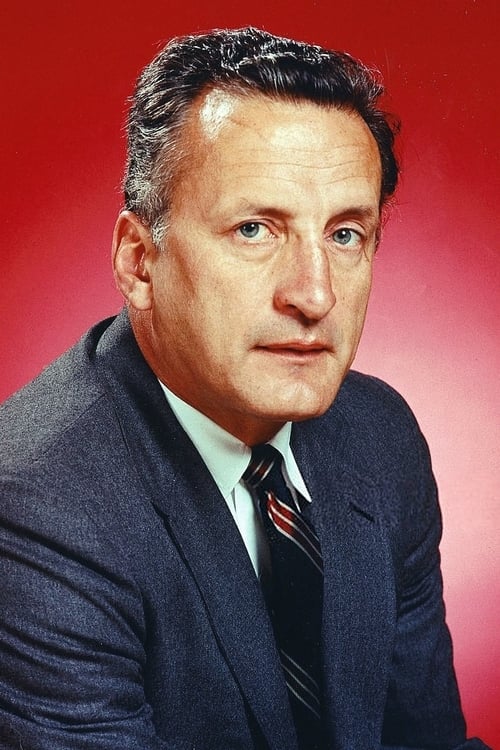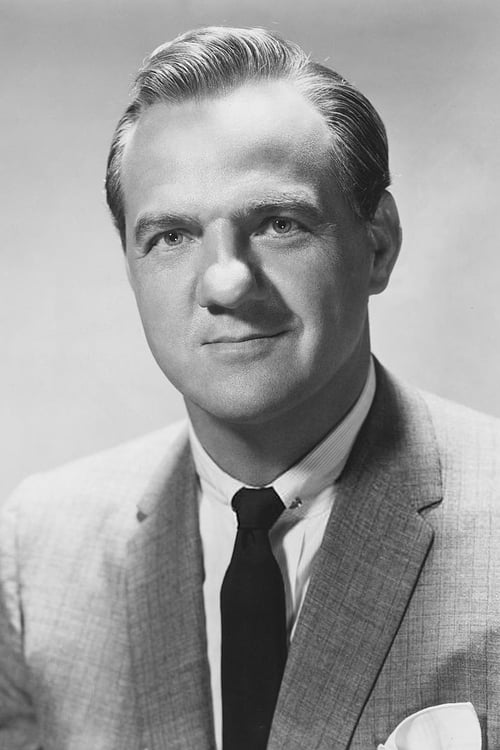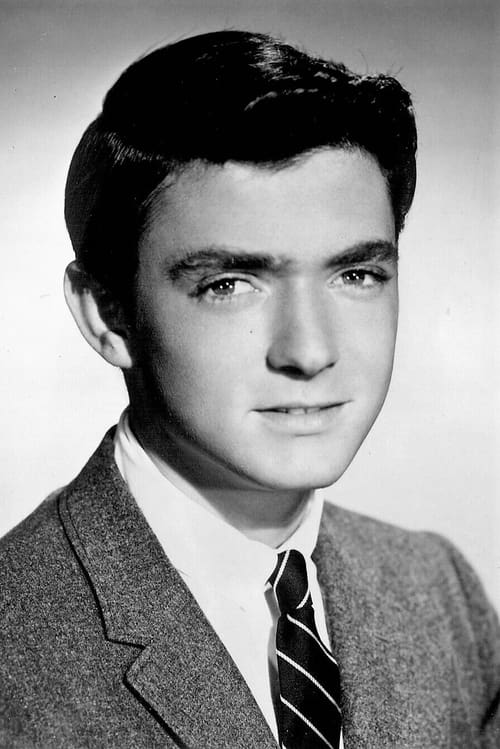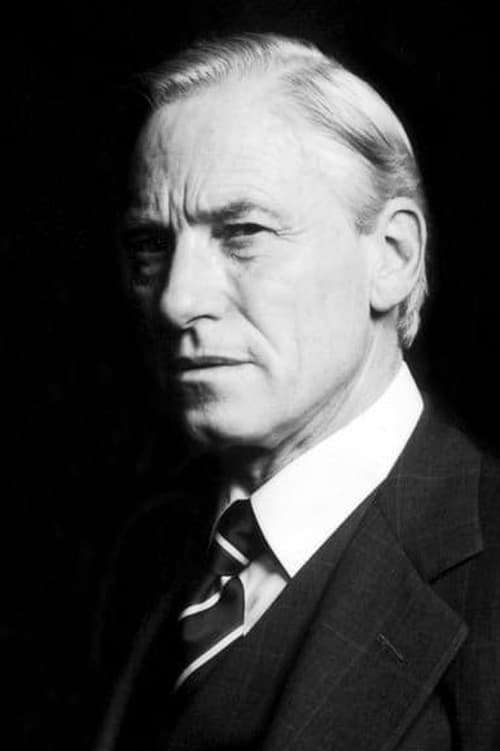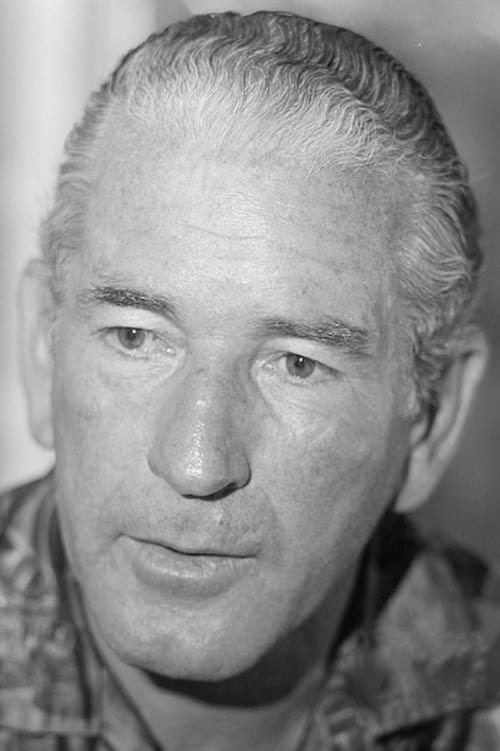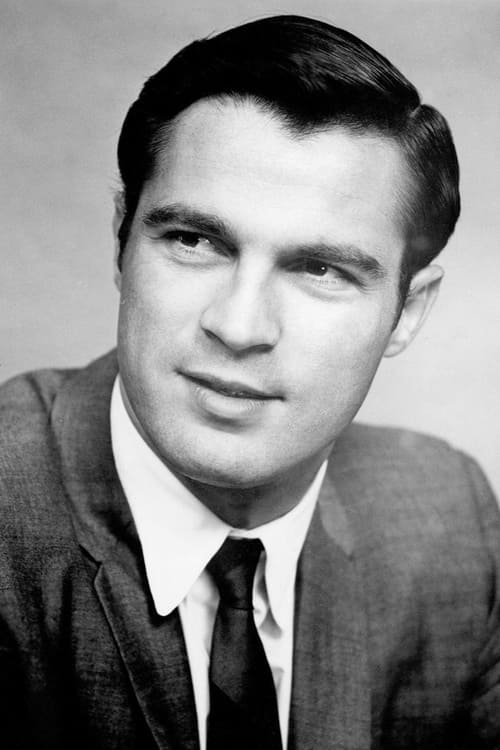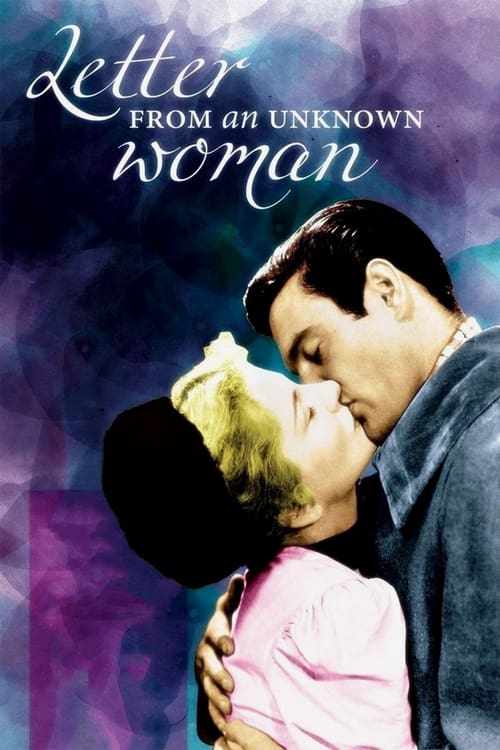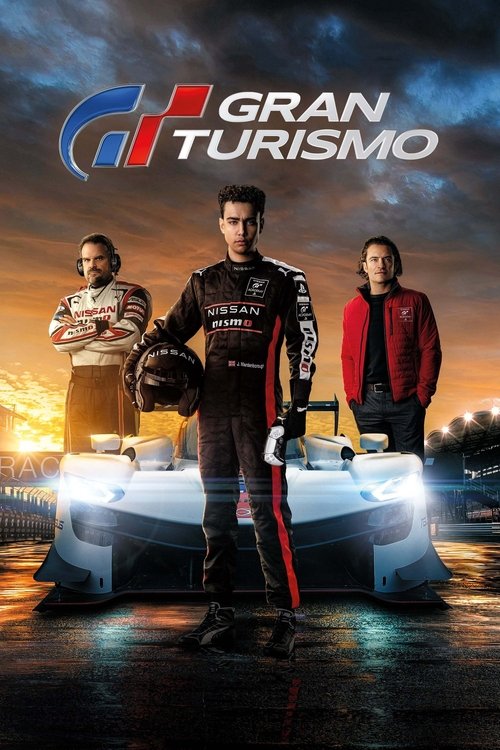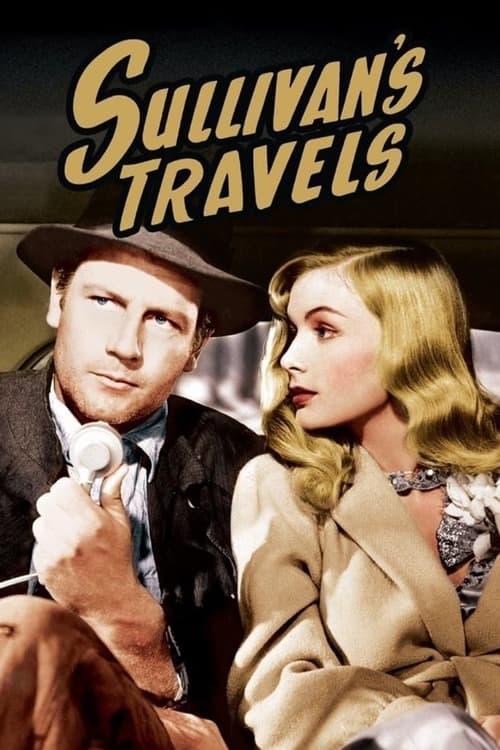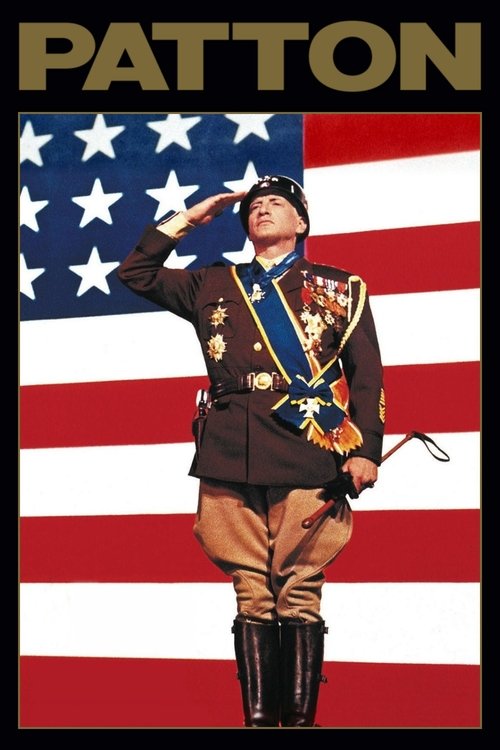
Patton
'Patton' tells the tale of General George S. Patton, famous tank commander of World War II. The film begins with Patton's career in North Africa and progresses through the invasion of Germany and the fall of the Third Reich. Side plots also speak of Patton's numerous faults such his temper and habit towards insubordination.
Dialogues from Movie Patton
Quotes from Movie Patton
Sound Tracks from Patton by Jerry Goldsmith
The Battle Hymn of the Republic
The Battle Hymn of the Republic by United States Army, Used in various battle sequences
The General's Theme
The General's Theme by Jerry Goldsmith, Main theme throughout the film
Requiem for a Soldier
Requiem for a Soldier by Jerry Goldsmith, Emotional scenes reflecting on the cost of war
Download App
Memorable Scenes from Movie Patton
Patton's Speech to the Troops
General Patton stands before his troops, giving a fiery speech. He talks about the glory of battle, the importance of courage, and his disdain for the enemy. The men are captivated, fired up, and ready to follow him into combat. The moment peaks as he rhetorically asks, 'Do you want to win this war?'. This sets the tone for his leadership style and illustrates his unyielding commitment to victory.
Context: At this point in the film, the Allied forces are preparing for an important campaign in North Africa. Patton's larger-than-life personality is on full display, reflecting his complex character as both a brilliant commander and an arrogant figure.
The Slapping Incident
Patton encounters a soldier suffering from battle fatigue and brutally slaps him, calling him a coward. His raw, aggressive response shocks everyone present. This scene serves as a dramatic turning point, showcasing his harsh leadership approach and the ethics of war. The horror and dismay of the onlookers heighten the tension.
Context: This event causes significant fallout, leading to a military reprimand for Patton, as it starkly contrasts the respect he commands from his troops with his brutal treatment of individual soldiers.
The Desert Battle
As Patton leads his troops through a fierce desert battle, the chaos and intensity escalate. The camera focuses on tank explosions, soldiers in disarray, and the sheer grit required to overcome the enemy. Patton can be seen giving orders, fully immersed in the battle's madness. The climax arrives when they achieve a decisive victory. The brutal visuals highlight the harsh realities of war.
Context: This battle marks a significant tactical victory for Patton's forces, redefining his leadership and solidifying his reputation as a brilliant strategist.
The Final Scene
Patton reflects on the sacrifices made in war after the fighting has ended. He sits alone, contemplating his fate and the nature of conflict. The moment strikes a chord as he expresses understanding of his warrior identity, yet hints at his discontent with how the world views war. It's a quiet but powerful conclusion to his turbulent life.
Context: This final moment encapsulates Patton's lifelong battle with idealism versus reality, drawing viewers into the complexity of his character as both a hero and a tragic figure.
The Meeting with Montgomery
Patton meets British General Montgomery. The tension is palpable as both generals try to assert their dominance, but there's a mutual respect underlying their competitive rivalry. Montgomery’s skepticism about Patton’s flamboyant methods contrasts with Patton's confidence, highlighting the alliance's internal struggles.
Context: This encounter serves to illustrate the different military philosophies and brotherhoods among the Allied leaders, emphasizing the challenges they faced despite a common enemy.
The Battlefield Lament
Patton stands over the battlefield, surveying the aftermath of a fierce fight. The camera captures his brooding expression as he reflects on the cost of victory and what it truly means. His internal conflict becomes visible as he struggles with pride and despair at the loss of lives.
Context: This moment is crucial, revealing his vulnerability beneath the brash exterior, thereby deepening the viewer’s insight into his character as both a fearless leader and a solitary figure burdened by duty.
The Horse Race
In a light-hearted moment, Patton organizes a horse race among the officers. The camaraderie and friendly rivalry bring a brief pause to the tension of war. Laughter and excitement fill the air, painting Patton as a charismatic leader who understands the importance of morale.
Context: This scene shows a different side of Patton, reminding viewers of the human element within the military and how levity is essential to maintain spirits during bleak times.
Patton and the Soldiers' Trust
Patton takes the time to speak to his men, listening to their concerns and rallying them with personal stories. It’s a heartfelt moment that fosters trust and shows his dedication to his soldiers. His words resonate as he emphasizes loyalty and bravery.
Context: This moment reveals Patton’s powerful ability to connect with his troops on a personal level, showcasing his leadership style that grows from respect and admiration from his men.
The Siege of Bastogne
Patton’s furious race to relieve the besieged town of Bastogne demonstrates his resolve. The stakes are high, and the sense of urgency is palpable as he moves his troops into action despite challenging weather conditions. The view of tanks moving through snow sets a tense atmosphere.
Context: This event highlights Patton’s relentless nature and his belief in aggressive tactics as a means to achieve victory, underscoring the conflict’s strategic importance.
The Radio Address
Patton delivers an impassioned address over the radio to not only motivate his troops but also send a message to the enemy. His call to arms is stirring, filled with vivid imagery of victory and glory. The energy in his voice electrifies the soldiers listening.
Context: This pivotal moment amplifies Patton's character as a masterful communicator, leading his men not just with tactics but with inspiration and fervor.
The General's Family
Patton has an emotional moment on the phone with his wife, revealing his softer side. They discuss family matters, and he expresses a yearning for normality amidst the chaos of war. This brief glimpse of personal life humanizes him.
Context: This scene counters his tough exterior, showing the personal sacrifices generals make during wartime, deepening the audience’s empathy for him.
Patton on the German Front
Patton confronts a German officer in a tense face-off. The conversation is laced with animosity, yet it reflects both leaders’ commitment to their causes. The underlying respect churns in their exchange, illustrating the complex nature of wartime rivalries.
Context: This scene emphasizes the fine line between respect and enmity in warfare, showcasing Patton's understanding that, even amongst enemies, there is another side to the story.
The Medal Ceremony
The film showcases a grand medal ceremony where Patton's achievements are recognized. Proud, he stands tall, yet there's an undercurrent of isolation as he senses the burden of leadership weighing on him. His need for recognition versus the aftermath of war plays out vividly in this powerful moment.
Context: This scene serves as a reflection on heroism, showcasing the thin line between pride and the emotional toll of conflict.
The Emotional Farewell
Patton bids farewell to his troops after a successful campaign. There’s both celebration and solemnity in the air as he expresses his admiration for their bravery. The emotional weight is clear as he realizes the potential sacrifices ahead.
Context: This moment crystallizes the bond between Patton and his men, reinforcing the theme of camaraderie forged in the crucible of conflict.
The Paratrooper Assault
During a critical paratrooper assault, Patton’s leadership shines through as he orchestrates the chaotic landing. The intensity peaks with soldiers leaping from planes, highlighting bravery and the chaos of war. The visuals coupled with rapid cuts amplify the adrenaline.
Context: This scene encapsulates Patton’s reputation for bold tactics while also plunging the viewer into the visceral experience of combat.
The Battlefield Reflection
After a rough battle, Patton kneels in the dirt, exhausted and contemplative. He reflects on the lives lost, showing a rare moment of vulnerability as he grapples with the costs of his ambition. The silence is heavy, making viewers acutely aware of the toll of war.
Context: This moment highlights the internal conflict within Patton, contrasting his fierce persona with the deep emotional scars of leadership in wartime.
The Tank Race
Patton bids for a tank race against another general, marked by competition and bravado. The playful rivalry underscores Patton’s spirited approach, yet echoes the seriousness of war in the background as they push the tanks toward the finish line.
Context: This serves as a juxtaposition of competition and cooperation among generals, reinforcing the theme of camaraderie amidst chaos.
The Christmas Truce
During a quiet moment on Christmas, Patton and his men pause in the fighting to share stories, expressing hope despite the ongoing war. The humanity showcased warms the heart, forming a stark contrast to the aggression surrounding them.
Context: This poignant moment speaks to the perseverance of hope in the darkest of times, resonating deeply with viewers as a reminder of compassion during conflict.
The End of an Era
As the war draws to a close, Patton reflects on what victory means. He sits alone, contemplating the peace that feels like it's come too late, deepening his character as one who thrives amid chaos yet struggles with the absence of battle.
Context: This final reflection encapsulates the central theme of the futility of war and a warrior’s existential dilemma, leaving viewers contemplating the true cost of victory.
The Arrival in Europe
Patton steps off the plane into Europe, greeted with mixed emotions by his troops. The joy of arrival is marred by the reality of what they face ahead, and he quickly shifts from celebratory to focused. His leadership sets an immediate tone for the upcoming campaign.
Context: This moment marks a significant transition for Patton, signaling the start of a new chapter in the theater of war while affirming his role as a determined leader.
The Tanks in Formation
The spectacle of tanks rolling in formation under Patton's command is visually striking. He watches with pride, showcasing his genius in strategy and execution. This is a pivotal point that emphasizes both military precision and unity of purpose.
Context: This scene underscores Patton's military brilliance while also portraying the machinery of war, representing the might of his forces as well as the burden he carries as their commander.
The Night Watch
As night falls, Patton takes a solitary walk to assess preparations. The quiet tension frames his character, and the ambient sounds of the night war set the atmosphere. It symbolizes his constant vigilance and commitment to his generals and troops.
Context: This reflection reveals Patton's relentless dedication to his mission, reinforcing the theme of leadership borne out of sleepless responsibility and courage.
Download App


